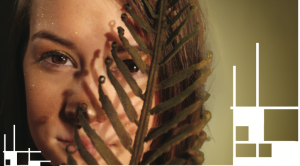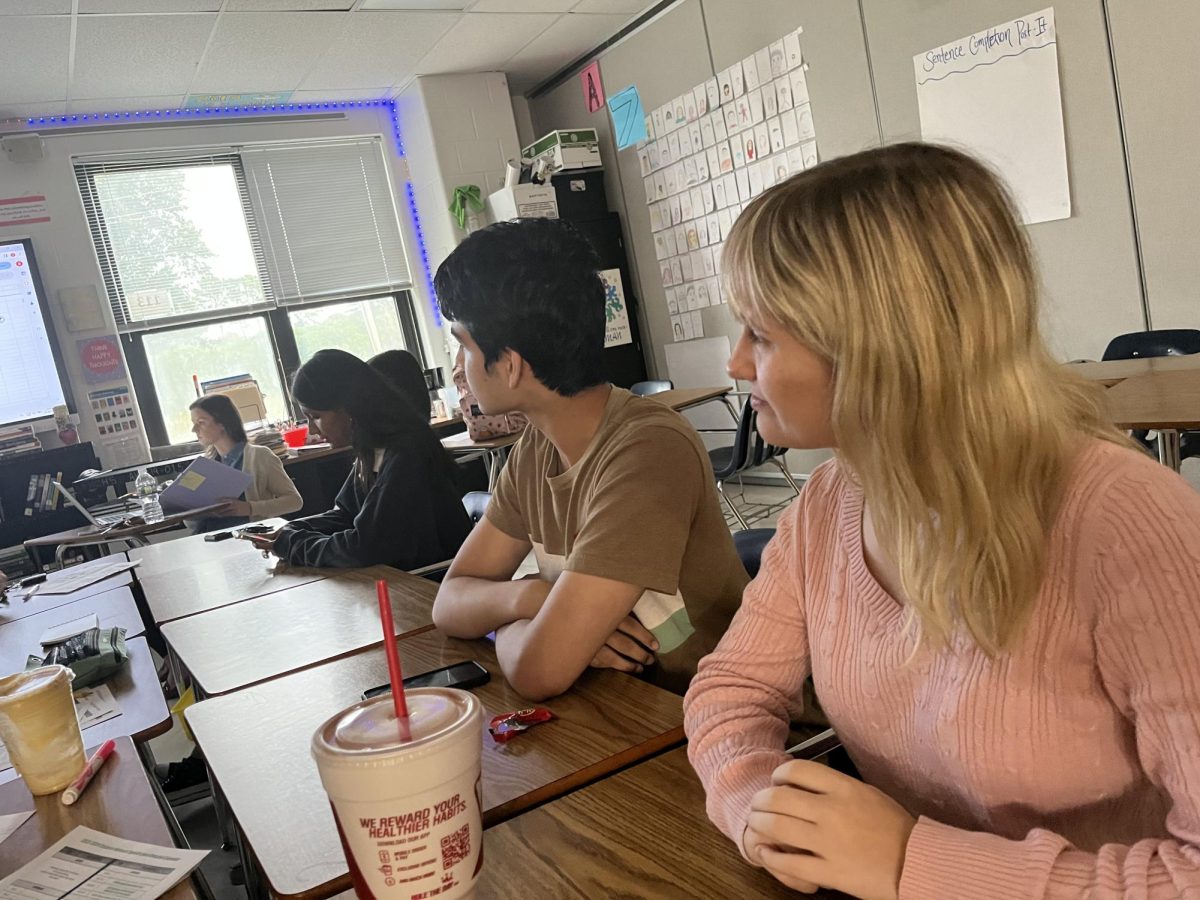 Zodiacs have been used to navigate the future for thousands of years. In ancient Mesopotamia, astrologers first began noticing connections between the celestial bodies and the path of humanity. Today, zodiacs are still used to predict the course of human life. But in an age of exact science, some have their doubts in the truth and accuracy behind horoscopes.
Zodiacs have been used to navigate the future for thousands of years. In ancient Mesopotamia, astrologers first began noticing connections between the celestial bodies and the path of humanity. Today, zodiacs are still used to predict the course of human life. But in an age of exact science, some have their doubts in the truth and accuracy behind horoscopes.
“This system has stood the test of time,” astrologer Mary Stevenson said. “It works, but I don’t feel the need to prove anything to anybody. If someone really wants to hear answers, I can tell them why.”
However, as faithful as some astrologists are in the accuracy of the system, others, including students at North, have doubts in the ability of the Zodiac system to accurately and reliably predict the future.
“You definitely can’t rely on them,” junior Eliessa Polhamus said. “Sometimes they are kind of fun to read, but horoscopes are so general that they could apply to anybody’s life.”
Aside from the generality, others have found numerous fallacies regarding horoscopes. According to science teacher Megan Mosher, horoscopes, despite being based off zodiacs, have very little to do with real astronomy.
“There is some similarities in the sense that the positions of the planets and the stars are related to both astrology and astronomy,” Mosher said. “But [astrology] is not based on studied scientific reasoning and methodology.”
Psychology teacher Sean Fowler would have to agree. He teaches his classes that zodiacs and horoscopes are a form of pseudoscience- science that has no substantial proof.
“I think they are great for fun, but they are not scientific,” Fowler said. “It’s dangerous to take them too seriously.”
However, some students at North disagree. Junior Zach Craig reads his horoscope daily on an iPhone app, using those predictions to get an idea of what his day has in store for him.
“I think a majority of the time they’re right,” Craig said. “I look at mine everyday, and it’s usually true. Usually, if I was to look at my horoscope and it says I’m going to have a good day, I have a good day.”
But Fowler cites some of the successes of horoscopes to a “confirmation bias,” or a tendency to pay attention to only the parts that come true, which puts their credibility into question.
“You look in it to see what you want to hear,” Fowler said. “You accept those parts that you do agree with and not those that you don’t agree with, and suddenly, you think it’s real.”
Stevenson has also found that astrology is accurate. By the position of the planets at the time and place of one’s birth, Stevenson is able to formulate a prediction of the future for that person. In other words, while it seems random and chaotic, there is a method to the madness.
“I find it very accurate,” Stevenson said. “there wouldn’t be people coming back and paying money unless they felt the value of it.”
By Paige Yungerman










